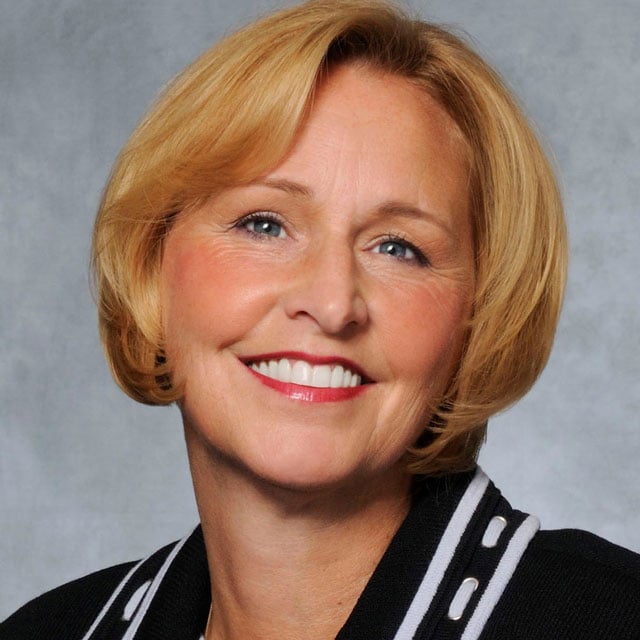Why the New DOL Fiduciary Rule Is Scarier Than Ever

It’s back!
Just when we thought the never-ending saga of market conduct standards might be coming to resolution, the federal agency that can never take “no” for answer is back at it.
And just like any good horror flick, the U.S. Department of Labor’s new fiduciary rule package is scarier than ever. While it may seem like we’ve seen this movie before, there are key differences with this sequel and we cannot assume the same ending.
In 2010, DOL premiered its initial fiduciary proposal, which was soon retracted after a poor reception. DOL’s main feature until now was its 2016 fiduciary rule, which was ultimately shot down by the courts.
DOL’s 2020 guidance on rollovers or “fiduciary lite” was mostly nullified by a federal court in Florida while the remainder hangs in the balance in a lawsuit filed by the group I lead, the Federation of Americans for Consumer Choice. In late 2023, the DOL unveiled — on Halloween with no sense of irony — the latest formulation of this Nightmare on Main Street regulation.
Invoking the specter of “junk fees,” the DOL seeks to embroil the financial services industry in yet another round of turmoil and lawsuits.
DOL keeps resorting to the same script, which is to turn all agents and brokers into fiduciaries because apparently there is a lack of regulation around an industry that is otherwise awash in regulatory requirements. This is not intended to be cynical but reflects exasperation with the DOL’s 15-year fixation on extending its regulatory power through fiduciary duty.
‘Plot Twists’
Yet this time around there are a couple of plot twists.
For one, this time the DOL is trying to overhaul PTE 84-24, changing it in fundamental ways that threaten the basic business model of independent distribution. Not only does DOL want to turn every agent and broker into a fiduciary, it also wants to impose on them an untested regime of regulation under amended PTE 84-24 which is largely unworkable for those agents working with multiple companies representing a variety of products.
This reconstituted PTE 84-24 shuns the Securities and Exchange Commission’s Regulation Best Interest and the National Association of Insurance Commissioners’ model regulation in favor of new requirements that force brokers and agents to declare they are fiduciaries, strangulates many forms of compensation, makes inadequate allowances for the role of independent marketing organizations, and imposes draconian supervisory obligations upon insurers.
It should send chills up the spines of agents and IMOs who cherish their independence and current way of doing business.
The other frightful concern is how the DOL is accelerating adoption mainly for political reasons. The DOL’s expansive rule package — nearly 500 pages containing a rewrite of the longstanding five-part test, overhaul of PTE 84-24, and changes to other PTEs — is on a fast track.
The DOL rule package had a short 60-day comment period and its proposed effective date is a mere 60 days after promulgation of the final rule.
This stands in contrast to the 2016 rule, which was accompanied by lengthy comment periods together with post-adoption temporary enforcement periods and a sensible two-year transition. This time around, the DOL uses the pretense that these are old issues and the industry is prepared when in fact what DOL is proposing radically alters accepted business practices and would be highly disruptive.
In view of these developments, FACC reckons only the courts can stop the DOL, even though considerable support abides in Congress and other regulatory authorities share in criticism of DOL’s encroachments.
FACC brought its lawsuit challenging the PTE 2020-02 guidance on rollovers because it knew then — and believes it has been vindicated since — that DOL is possessed by a wrongheaded notion that all salespeople are fiduciaries. By whatever means, the DOL seeks but one end, which is to turn everyday agents and brokers into fiduciaries.




